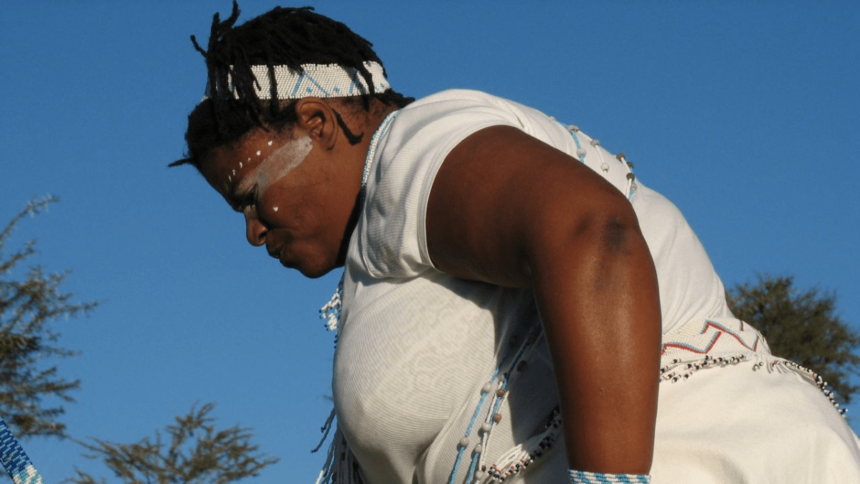The traditional healing practices in South Africa are deeply rooted in the culture and beliefs of many communities. From treating physical ailments to spiritual issues, traditional healers play a significant role in the healthcare system of the country. However, these healers have long operated outside of formal regulation, often leading to concerns about the quality and safety of their services.
In an effort to address these concerns, new regulations are being introduced that will require traditional healers, known as izangoma and other practitioners, to register with the Interim Traditional Health Practitioners Council. This move aims to align their work with a more formal system, similar to how other healthcare professionals are regulated by councils such as the Health Professions Council of South Africa and the South African Nursing Council.
The draft regulations, published in June, set standards for practitioners’ training and practice, requiring them to pay registration fees annually and provide proof of appropriate training for the services they offer. This marks a significant shift from the perception of traditional medicine as witchcraft to a more formal recognition of indigenous knowledge and customs passed down through generations.
Formalizing traditional medicine is seen as a step towards universal health coverage, allowing traditional healers to work alongside doctors and nurses in primary care settings. This collaboration could help identify their role in fighting major diseases such as HIV, contributing to a more integrated healthcare system.
Despite these potential benefits, not everyone is on board with the new regulations. The Traditional Healers Organisation has expressed concerns about the registration fees and training requirements, arguing that more consultation is needed to ensure that traditional practices are not overshadowed by Eurocentric methods.
As the process for finalizing the regulations continues, healers and stakeholders are encouraged to provide feedback and raise any issues they may have. The goal is to strike a balance between formal regulation and the preservation of traditional healing practices, ensuring that healers can continue to serve their communities effectively while upholding standards of safety and quality. Traditional healing practices have long been a part of African culture, with traditional healers playing a vital role in the healthcare system. However, in many countries, including South Africa, traditional healers have often been marginalized and seen as inferior to conventional doctors. Moreover, registration fees for traditional healers have been viewed as a way for the government to boost tax revenue.
In a study conducted in 39 African countries, it was found that mistrust and rivalry between conventional doctors and traditional healers stem from doctors considering themselves superior and not acknowledging the spiritual aspects of traditional healing. This has led to a lack of collaboration between the two health systems.
However, Ryan Wagner, a senior research fellow at Agincourt, is leading a groundbreaking five-year study in South Africa that aims to integrate traditional healers into the formal health system. The study involves traditional healers offering HIV testing and counseling to clients and connecting them to clinics for treatment if they test positive. Wagner believes that by working together, traditional healers and medical professionals can improve patients’ health and find common ground.
One traditional healer involved in the study, Mawelele, has already referred more than 40 patients to local clinics for testing as part of the pilot project. This initiative is crucial in achieving the 95-95-95 goals, which aim to end AIDS as a public health threat by 2030. By diagnosing 95% of people with HIV, ensuring that 95% are on treatment, and achieving viral suppression in 95% of those on treatment, the spread of the virus can be significantly reduced.
In the Ehlanzeni district where Bushbuckridge is located, approximately 75% of people with HIV were on treatment by the end of 2023, nearing the national figure of 78%. This shows the potential impact of integrating traditional healers into the healthcare system.
Research from rural Uganda has also shown that when traditional healers offer HIV testing, more people are willing to get tested compared to being sent to a clinic. This highlights the importance of trust and cooperation between traditional healers and medical professionals.
Ultimately, by working together and breaking down barriers of distrust, traditional healers and medical practitioners can collaborate to improve the health and well-being of the community. This innovative approach to healthcare shows the potential for traditional healing practices to complement modern medicine and improve healthcare outcomes for all.






